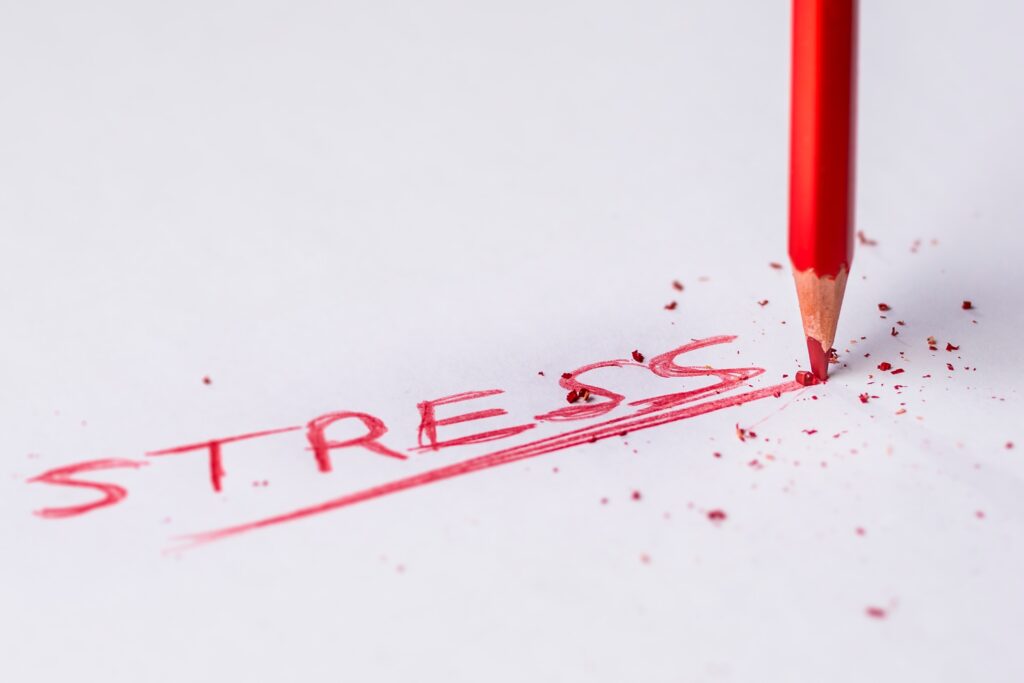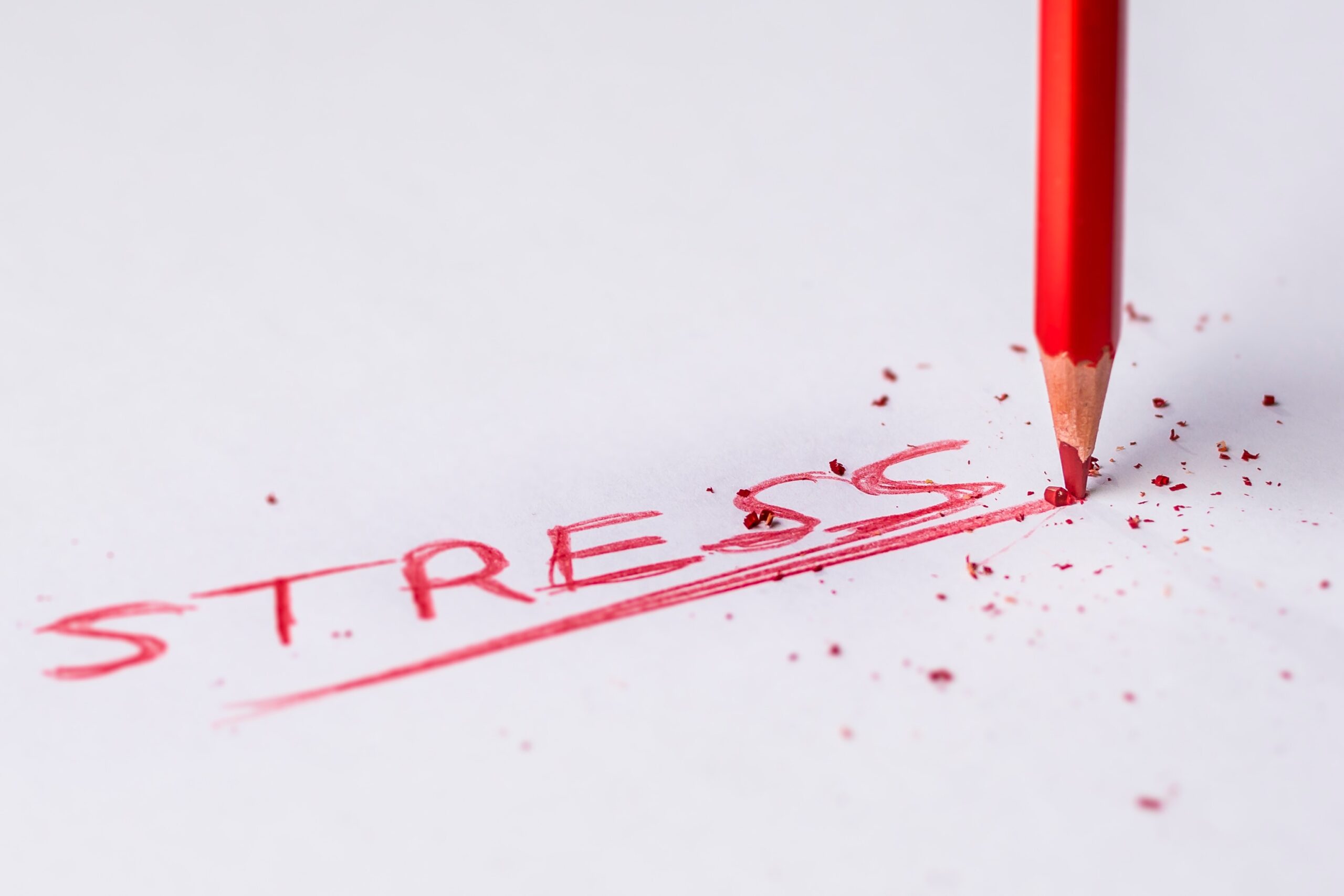
We all face stress everyday. While stress can be effective in helping you get things done, it can have a negative impact when it is ongoing or poorly managed.
Stress causes a fight or flight response in your body which can result in immediate physiologic changes like rapid heart rate, rapid breathing, elevated blood pressure, and elevated blood sugars. As long as it is short lived, your body will return to it’s normal state. But when stress is prolonged, it can have lasting effects on your body, for example: impaired immunity, dysbiosis, inflammation and weight gain.
Stress can also exacerbate chronic diseases; it can exacerbate hypertension and make diabetes difficult to manage.
The key is recognizing stress and finding productive ways to manage it.
Many times with stress we turn to things that are comforting in the short term but may make things worse in the long term. For example consuming processed foods, overeating and dinking alcohol actually result in worsening symptoms of stress resulting in a vicious cycle.

What can we do?
Here are 5 tips to help manage stress:
- Evaluate the cause of your stress. Reassess your environment and your commitments, Is there something that you can change or adjust? Is there something you need to let go of? Are you over committed? Do you need to manage your schedule? Are you suppressing your feelings?
- Practice mindfulness. Mindfulness is the practice of paying attention to the present without judgement. It does take practice so I recommend practicing often. One of the simplest mindfulness activities is breath work and my favorite technique is box breathing. You simply inhale – hold for 2, exhale for 2, hold for 2. Repeat 2 times. Your heart rate will immediately slow. Other mindfulness activities include simply pausing before your respond to the phone, text message or email. Meditation is well known in it’s power to improve health and lower stress.
- Manage your sleep. Adults should be getting at least 7 – 9 hours of sleep every night. Inadequate sleep can exacerbate stress. Here are a few important sleep hygiene tips. Keep the same sleep wake schedule. Avoid blue screens at least 1 hour before bedtime. That includes the TV. Maintain the same bedtime routine. Try reading or listening to a bedtime meditation to unwind. I like Headspace or the Calm App.
- Move your body. Exercise boosts your endorphins; the hormones that boost your mood and improve stress management. Better yet go for a walk in the woods and reap the added benefit of getting outside in nature. Forest bathing has been found to be beneficial in improving mood and relieving stress.
- Eat to win. Focus on consuming whole unprocessed foods and include a variety of fruits and vegetables which will support a healthy microbiome. The majority of our “happy” hormones like serotonin are produced in our gut. Dark chocolate, bananas and garlic may lower your cortisol levels which is an important stress hormone. Avoid processed foods which tend to be high in fat and sugar which will worsen your body’s response to stress. Try to include fermented foods which boost your gut microbiome and help decrease inflammation. In addition, they may also decrease cortisol.

Breaking the pattern is important. If you find that stress is interfering with your daily activities or you feel overwhelmed, seek help.
I hope these tips will put you on the right path to effective stress management.
If you found this article helpful, please share with a friend. If you are ready to take control of your health today and you live in Florida or Vermont, book a free discovery call.


